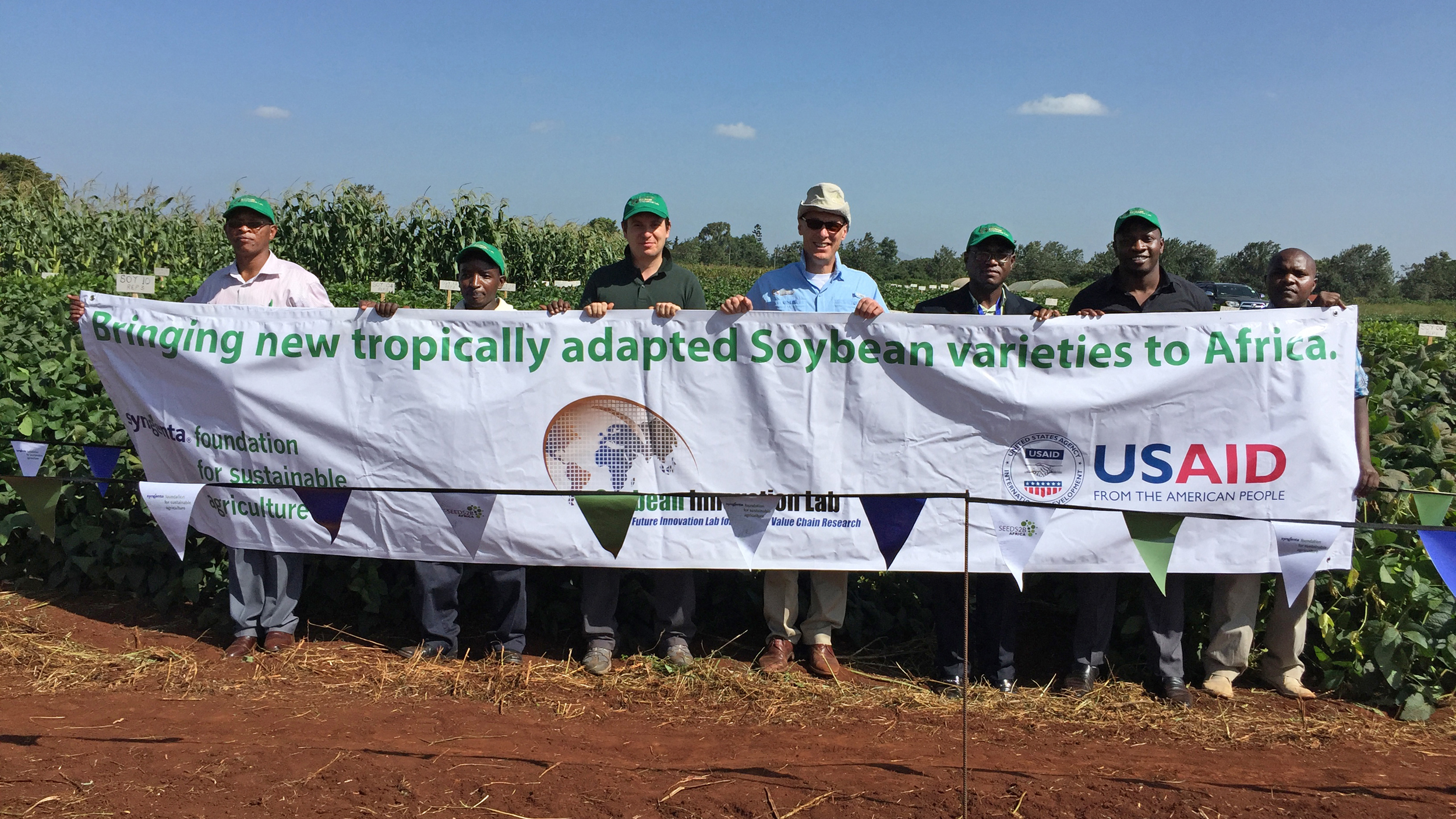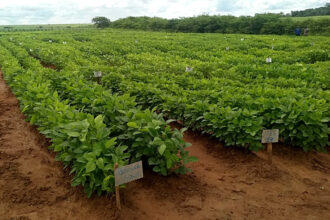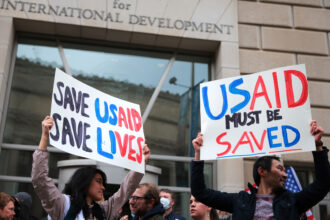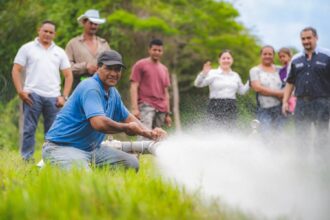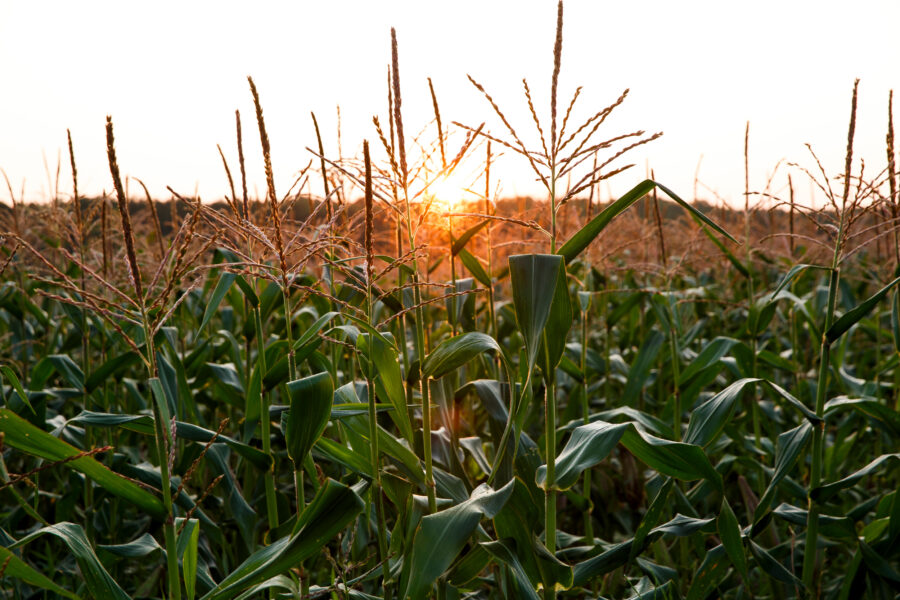A lab focused on developing soybean farming in Africa was scheduled to shutter in April, a casualty of the Trump administration’s USAID cuts. Then a donor stepped in.
Founders Pledge, an international nonprofit that supports entrepreneurs, announced that an anonymous donor offered the Soybean Innovation Lab just over $1 million to continue its work.
The University of Illinois Urbana-Champaign lab was one of 17 USAID-funded Feed the Future labs around the country. In late January, the Trump administration announced that it was pulling funding for those labs, part of its abrupt shuttering of USAID. Talks to privately fund part of the Soybean Innovation Lab’s work began soon after, and the university announced the donation in late April.
The gift will allow the lab to function on a smaller scale for a year, giving six employees a chance to continue work in Malawi.
“A lot of things could happen in a year,” said Annie Dee, an Alabama soybean farmer who sits on the lab’s board. “The Soybean Innovation Lab is a smart investment to ensure new market opportunities in a high-tariff and competitive world.”
Geographically, Malawi stretches 520 miles from north to south and sits at a higher latitude than some other African countries where the lab has provided support for growers. Last year, the lab started work in Malawi’s Lower Shire Valley, one of the country’s lowest-lying areas. The World Bank invested in a 14-year irrigation project there in 2018, further supporting farming in the region. Soybean growers there are now testing a number of soybean varieties to see which ones will thrive, particularly as climate change makes storms more extreme and droughts more severe.
Growers planted seeds in December, marking the beginning of a three-season trial of different soybean types in the valley. When the new donation came through, lab director and emeritus professor Peter Goldsmith sent part of his team to Malawi to help collect data. “Without this money, we would not be there at the harvest,” said Goldsmith.
The information they catalog will be added to a database of varieties tested in different locations where the soybean lab helped facilitate trials. During the year-long trial, the soybean lab will support growers as they license seeds, help them commercialize those seed varieties and train them to produce higher yields. By next year, growers will know which varieties work best in the valley, said Goldsmith.
The continuation of the lab comes at a particularly challenging time for soybean farmers. China buys nearly half of the soybeans grown in the U.S., much of which goes to feed hogs, but a 125 percent tariff on soy put in place by Chinese officials in response to the Trump administration’s 145 percent tariff on Chinese goods could prove to be devastating, growers and the American Soybean Association said. Developing markets in other locales could provide an opportunity for U.S. growers down the line.
Despite the good news for the lab, its long-term fate is still unknown.
“My hope is that there will be some more funding that gets reinstated and comes back into USAID for some of these programs,” said Dee. “It might look different, which is OK, but … we’ve made great headway, and we need to keep it going.”
About This Story
Perhaps you noticed: This story, like all the news we publish, is free to read. That’s because Inside Climate News is a 501c3 nonprofit organization. We do not charge a subscription fee, lock our news behind a paywall, or clutter our website with ads. We make our news on climate and the environment freely available to you and anyone who wants it.
That’s not all. We also share our news for free with scores of other media organizations around the country. Many of them can’t afford to do environmental journalism of their own. We’ve built bureaus from coast to coast to report local stories, collaborate with local newsrooms and co-publish articles so that this vital work is shared as widely as possible.
Two of us launched ICN in 2007. Six years later we earned a Pulitzer Prize for National Reporting, and now we run the oldest and largest dedicated climate newsroom in the nation. We tell the story in all its complexity. We hold polluters accountable. We expose environmental injustice. We debunk misinformation. We scrutinize solutions and inspire action.
Donations from readers like you fund every aspect of what we do. If you don’t already, will you support our ongoing work, our reporting on the biggest crisis facing our planet, and help us reach even more readers in more places?
Please take a moment to make a tax-deductible donation. Every one of them makes a difference.
Thank you,


